Open Ship Dates & Times
Summer 2025
Join us this summer at Dyer’s Dock located downtown in Woods Hole, Massachusetts for a look at SSV Corwith Cramer.
The SSV Corwith Cramer, named after SEA’s founding director, was designed by Wooden and Marean specifically for SEA and was constructed by ASTACE Shipyard in 1987 in Bilbao, Spain. She is a 134-foot steel brigantine built as a research vessel for operation under sail. The qualities that made our original vessel R/V Westward both versatile and seaworthy were incorporated into the design of SSV Corwith Cramer.
These events are free, family friendly, and open to the public.
Saturday, May 3
12:00 – 3:00 pm ET
Monday, May 26 (Memorial Day)
9:00 am – 3:00 pm ET
Saturday, June 14
9:00 am – 12:00 pm ET
Sunday, July 13
9:00 am – 12:00 pm ET
SEA Faculty Lecture Series
Winter 2025
During the winter months of 2025, Sea Education Association held a virtual presentation each week that explored a unique topic in ocean conservation.
From the politics of deep-sea mining to understanding how DNA sequencing can inform high seas conservation policy, the Faculty Lecture Series offered insight into a wide range of pressing questions and complex issues facing our ocean.
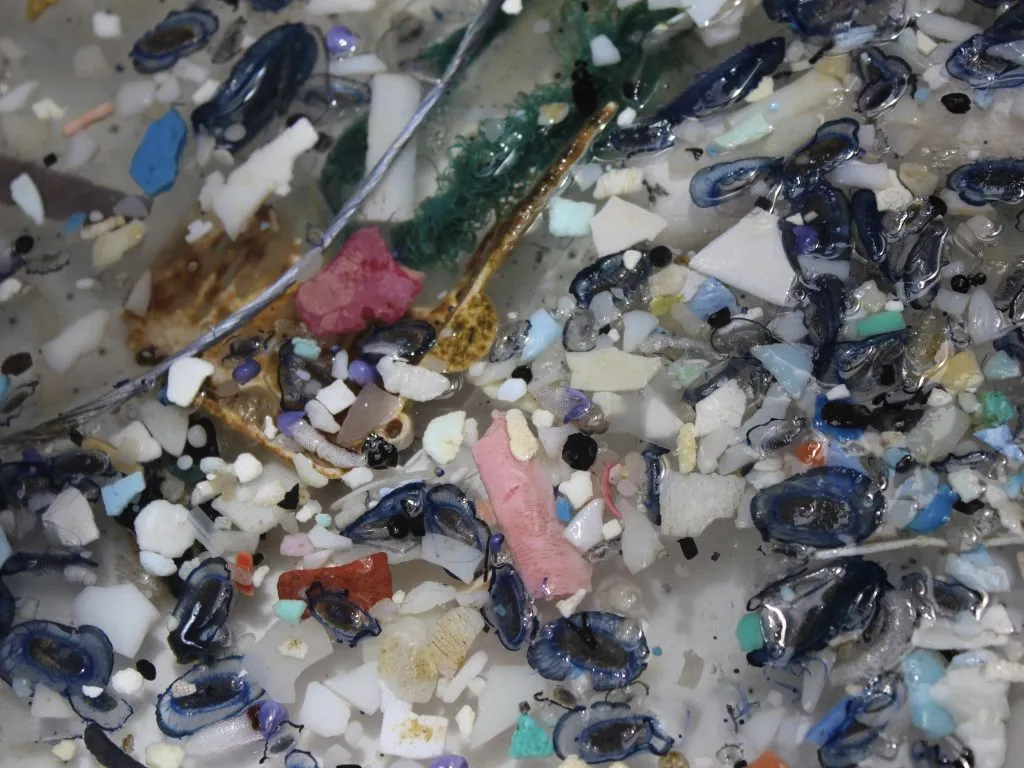
The Global Plastics Problem: From the Ocean to Solutions
Kara Lavender Law, PhD
Research Professor of Oceanography
Sea Education Association
Plastic pollution has become a major environmental concern of our time, spurring scientific research to understand its breadth and impacts, and policy development to address its sources. Students and scientists at SEA have sampled ocean plastics for decades, and are working from local to international scales to address this global problem.
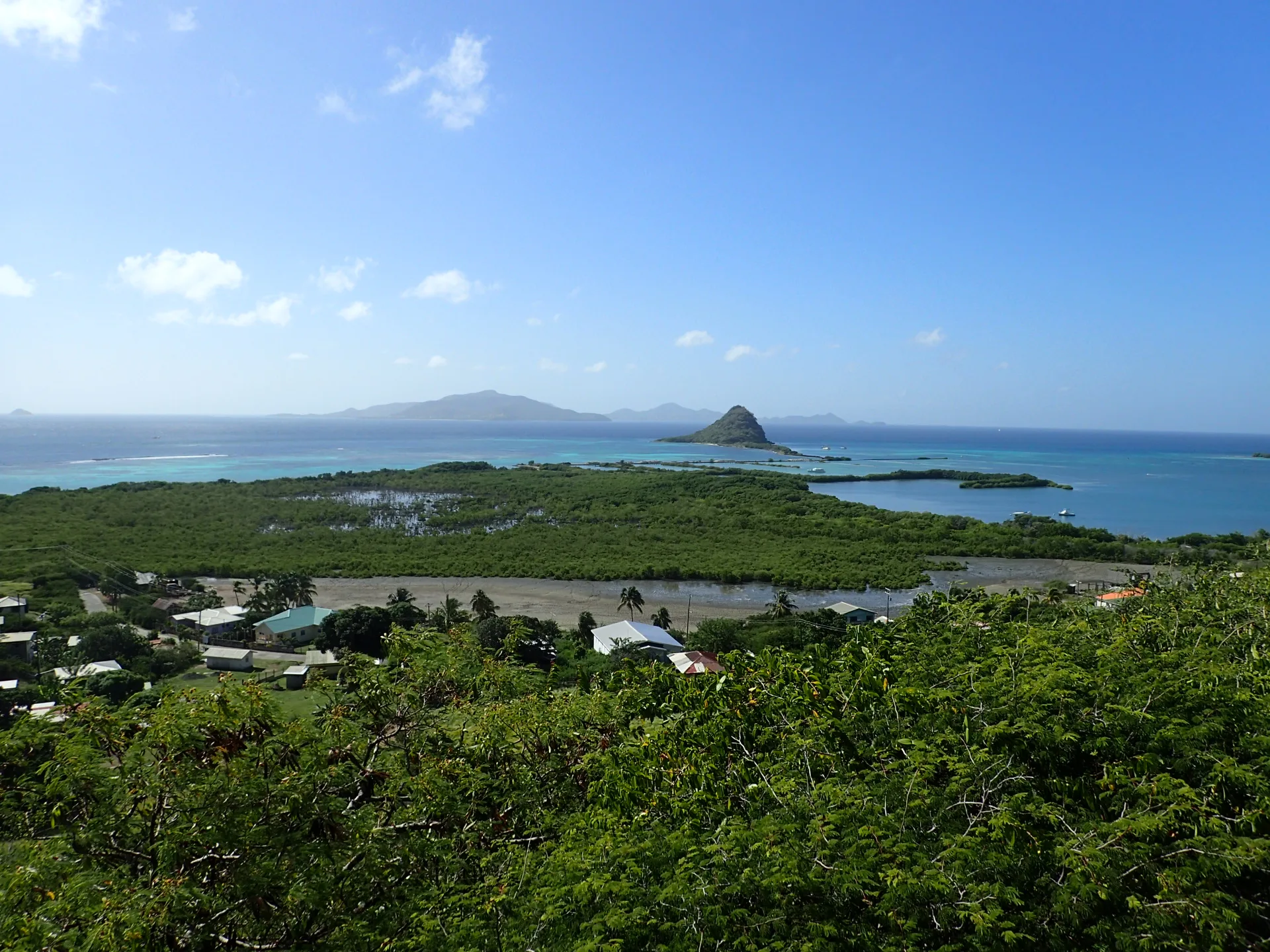
Blue Carbon, Blue Humanities: Pasts, Presents, and Futures of Coastal Resilience
Jeff Wescott, PhD
Associate Professor of Anthropology and Ocean Policy
Sea Education Association
Blue carbon initiatives around the world have placed renewed focus on the value of coastal habitats such as salt marshes, seagrass meadows, and mangroves. In this lecture, Dr. Wescott will explore the contributions of history, geography, anthropology, and other humanities disciplines to securing these carbon-capturing ecosystems for the future of coastal resilience to climate change.
This presentation is related to SEA’s Climate Change & Coastal Resilience program.
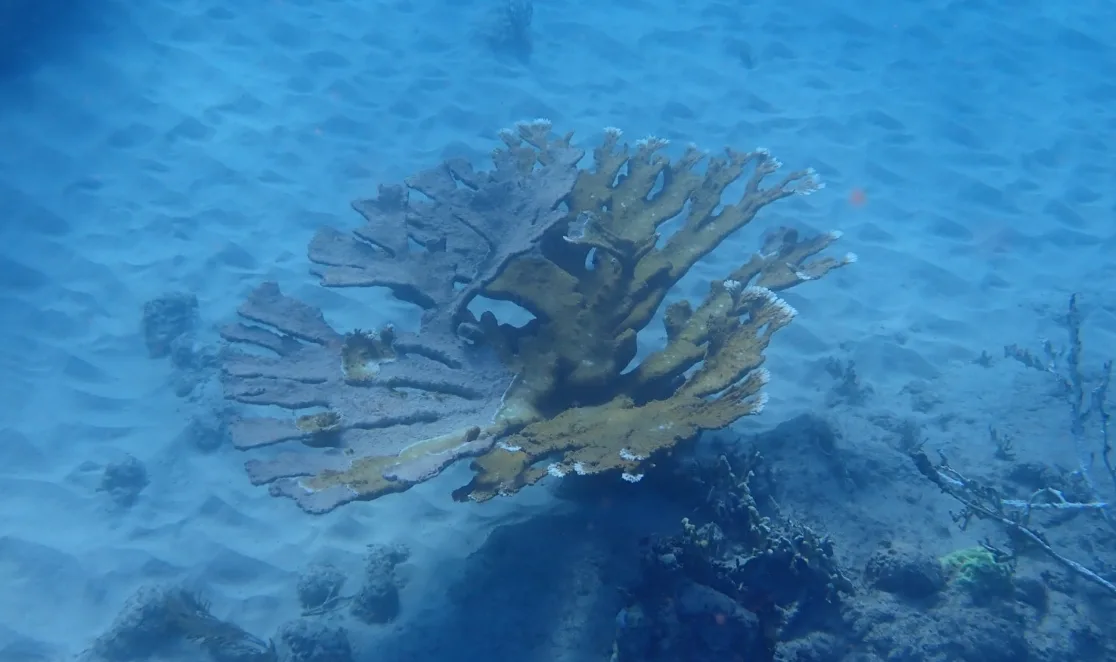
Conserving Caribbean Coral Reefs: Understanding Climate Change Impacts and Solutions
Heather Page, PhD
Assistant Professor of Oceanography,
Sea Education Association
Caribbean coral reefs are extremely beautiful, valuable ecosystems that support marine biodiversity and coastal communities. But these reefs have been in trouble due to decades of human impacts including ocean acidification. I’ll present our latest research describing impacts of ocean acidification on coral reef ecology and conservation approaches to mitigate climate change impacts on coral reefs.
This presentation is related to SEA’s Coral Reef Conservation: Caribbean program.
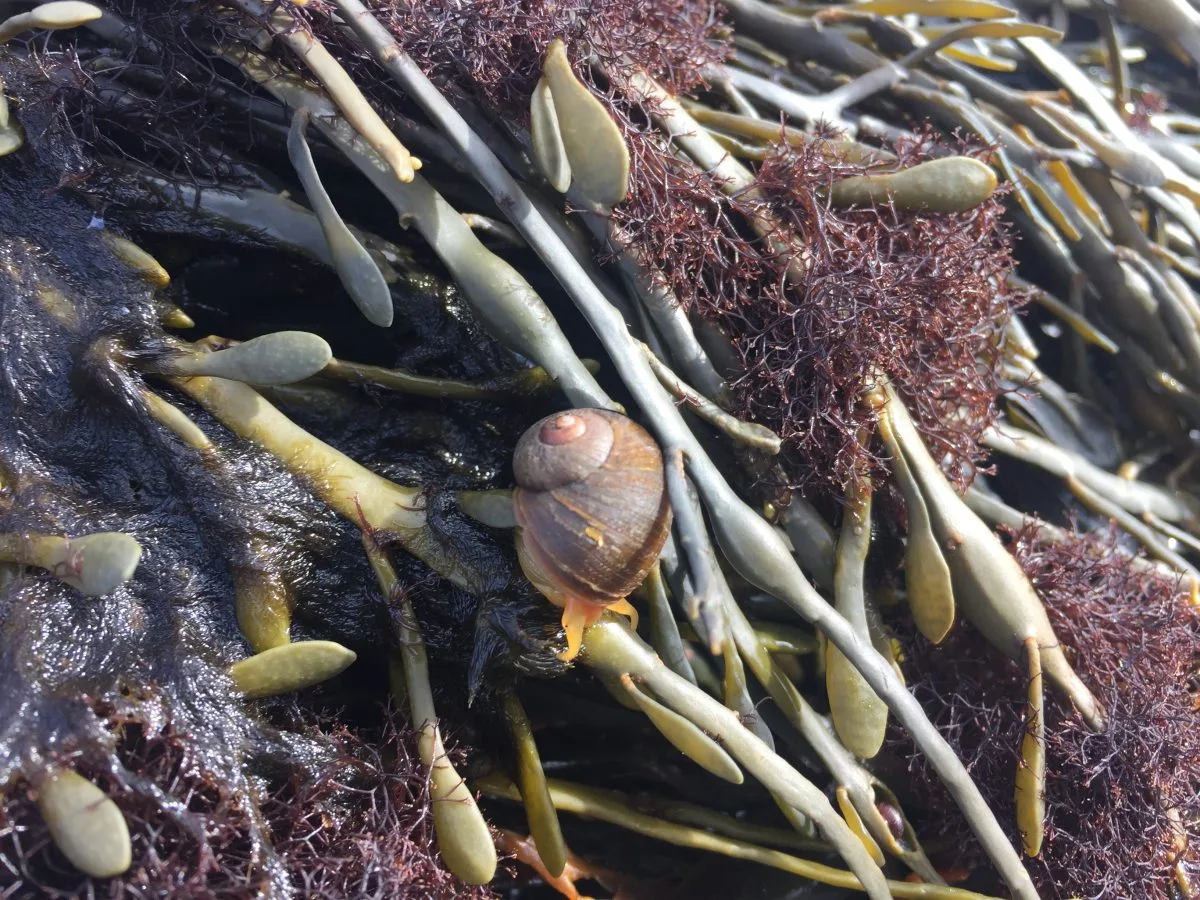
Adaptation to Environmental Gradients Informs Adaptive Potential to Rapid Climate Change in the Gulf of Maine
Sarah Kingston, PhD
Assistant Professor of Oceanography
Sea Education Association
Learn about how snails, fish, and copepods are all dealing with highly dynamic environments in the Gulf of Maine. Join Climate Change: the Gulf of Maine Chief Scientist and Assistant Professor of Oceanography Dr. Sarah Kingston to explore how studying current environmental gradients can help us predict how organisms may respond to our changing climate.
This presentation is related to SEA’s Climate Change: The Gulf of Maine program.
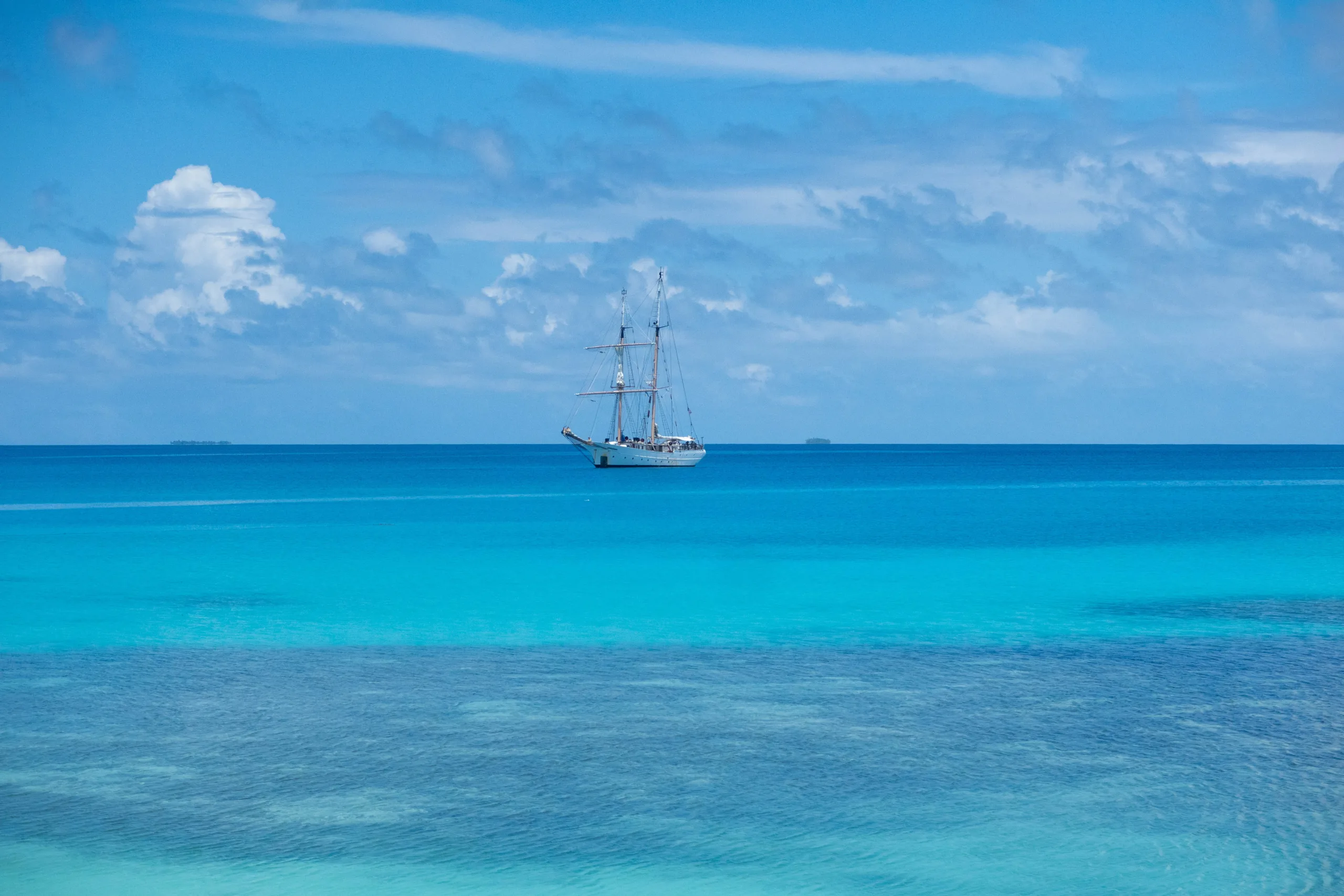
Equatorial Pacific and Climate Change
Jan Witting, PhD
Professor of Oceanography
Sea Education Association
The Equatorial Pacific ocean plays a very interesting role in the unfolding climate crisis. It is the region that gives us El Niño/Southern Oscillation with all the associated global climate fluctuations, and is responsible for up to 50% of new oceanic carbon fixation. For these two reasons alone, understanding the changes in Equatorial Pacific is vital for the creation of accurate predictive models important for the understanding of our future climate. In this talk, Dr. Witting discusses the state of our knowledge of the region, while also describing what the open questions and future research needs are.
This presentation is related to SEA’s Oceans & Climate program.
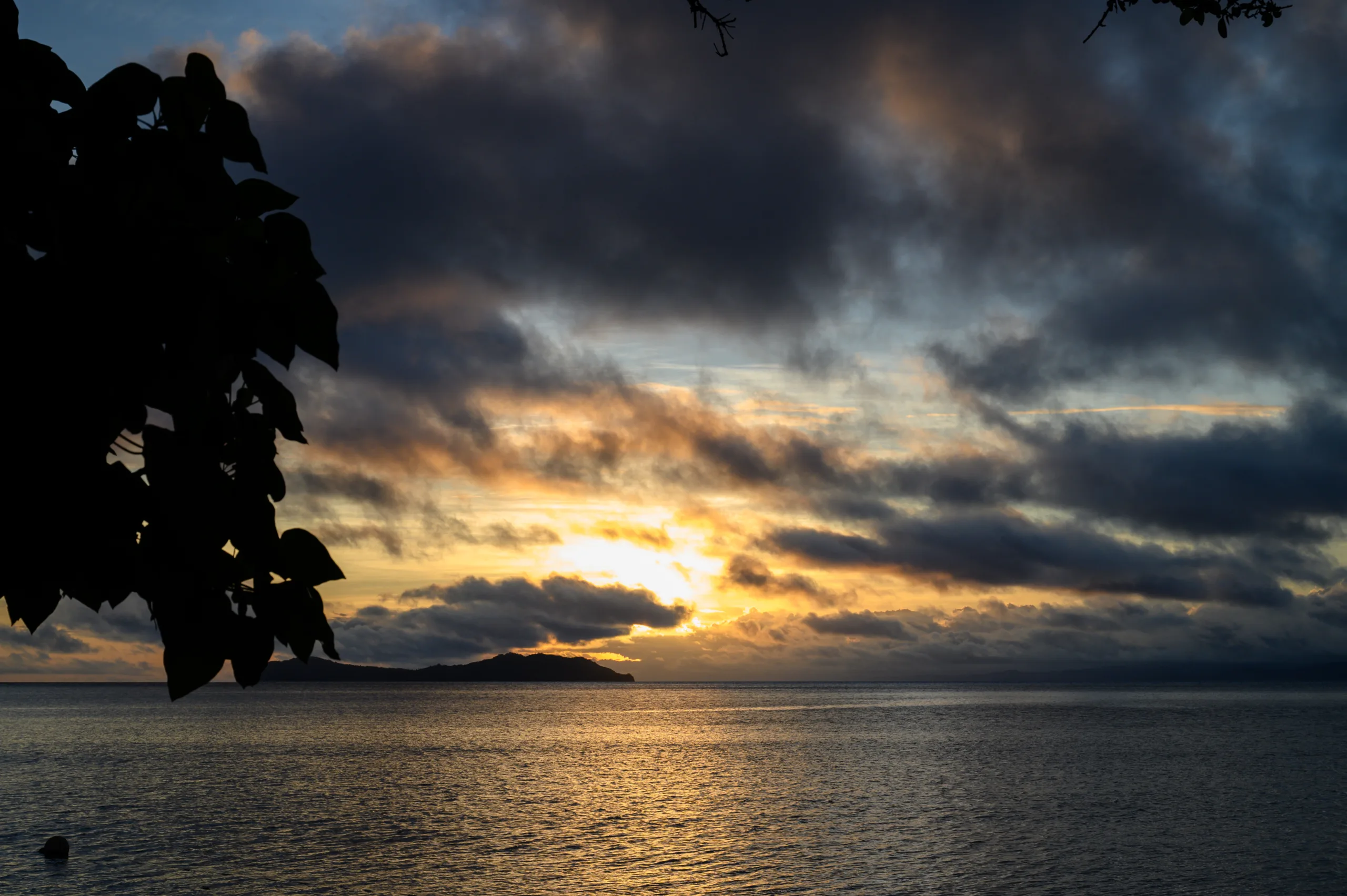
The International Politics of Deep-Sea Mining
Beth Mendenhall, PhD
Associate Professor of Marine Affairs
University of Rhode Island
One of the most challenging ocean governance topics today concerns deep sea mining: whether we should do it, and who decides. In this lecture, Dr. Mendenhall covers the current state of international politics surrounding deep sea mining, highlighting differences of opinion and approach among Pacific Island countries. During the summer 2025 Ocean Policy: Marine Protected Area program, students will visit four countries that have made very different decisions about whether to support or oppose deep sea mining.
This presentation is related to SEA’s Ocean Policy: Marine Protected Areas summer program.
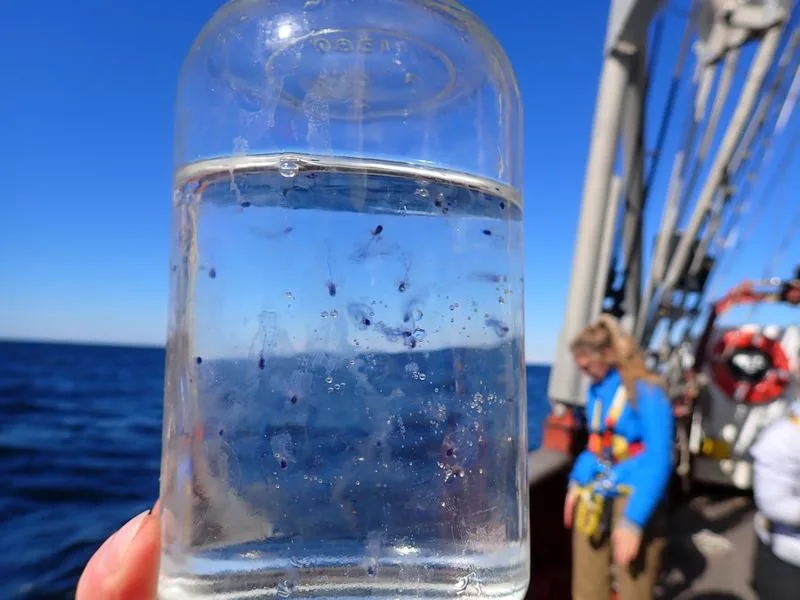
Exploring the Marine Ecology of New England Coastal Waters
Jeff Schell, PhD
Professor of Oceanography
Sea Education Association
The coastal waters of New England, including the Gulf of Maine, Cape Cod, and the Islands, is one of the most productive marine habitats in the world, supporting a bountiful food web full of microscopic algae, an abundance of planktonic animals, and numerous species of fish and marine mammals. However, these waters and the marine life it supports, are changing in response to global warming and exposure to intense human activity (e.g., fishing, pollution, shipping traffic, etc.).
This presentation is tailored towards high school audiences as it follows cruise tracks and science conducted during SEA’s high school programs.
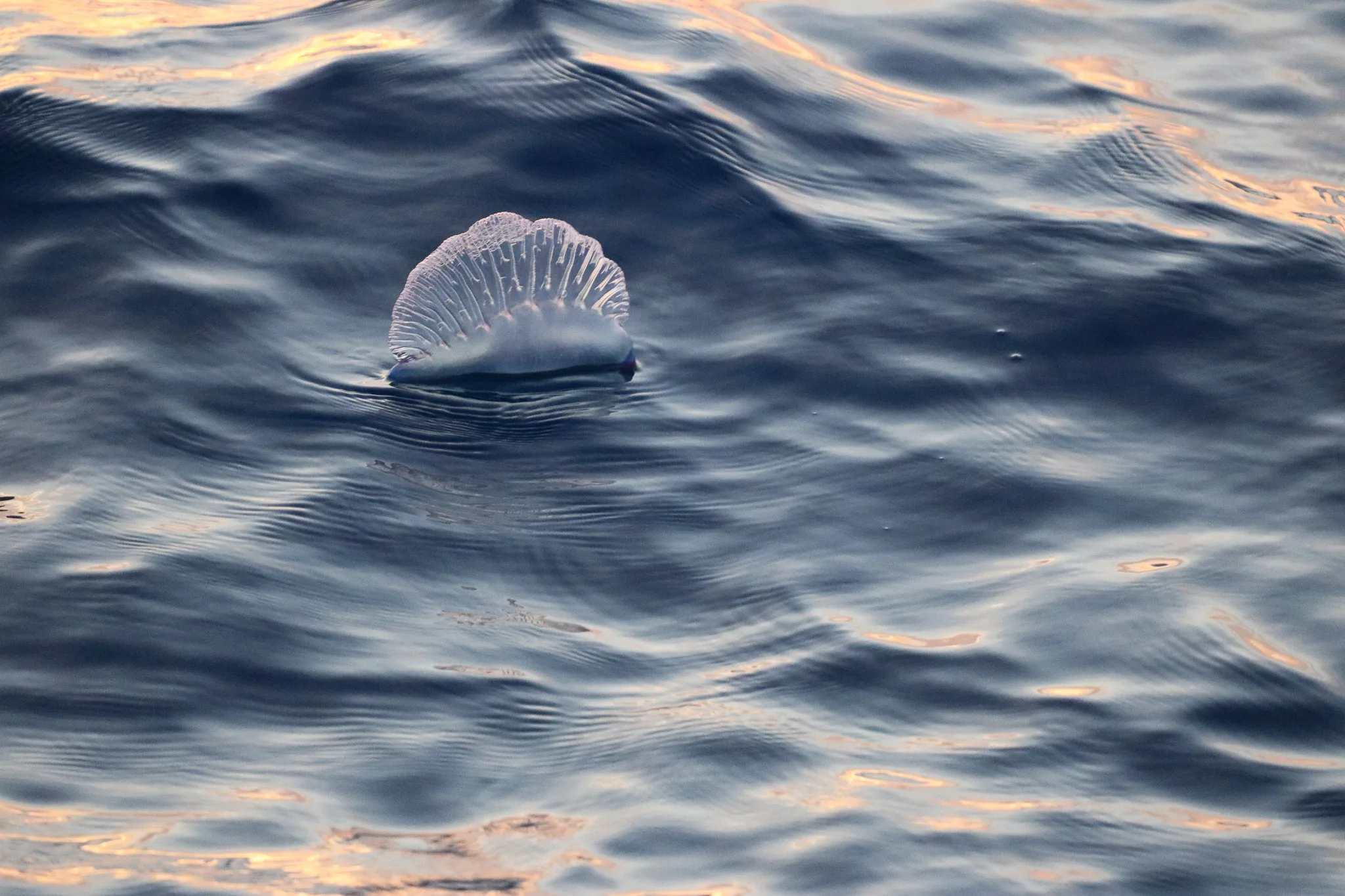
How Genomic Tools Can Help Us Conserve Remote Open Ocean Environments
Sarah Kingston, PhD
Assistant Professor of Oceanography
Sea Education Association
Jellyfish, swimming snails, tiny myctophid fish, and ever-abundant copepods are all important players in the pelagic ecosystem of the South Pacific; modern molecular tools allow us to discover previously unknown patterns of diversity in the open ocean. Join Marine Biodiversity and Conservation Chief Scientist and Assistant Professor Dr. Sarah Kingston to learn how shipboard DNA sequencing can inform high seas conservation policy.
This presentation is related to SEA’s Marine Biodiversity & Conservation program.
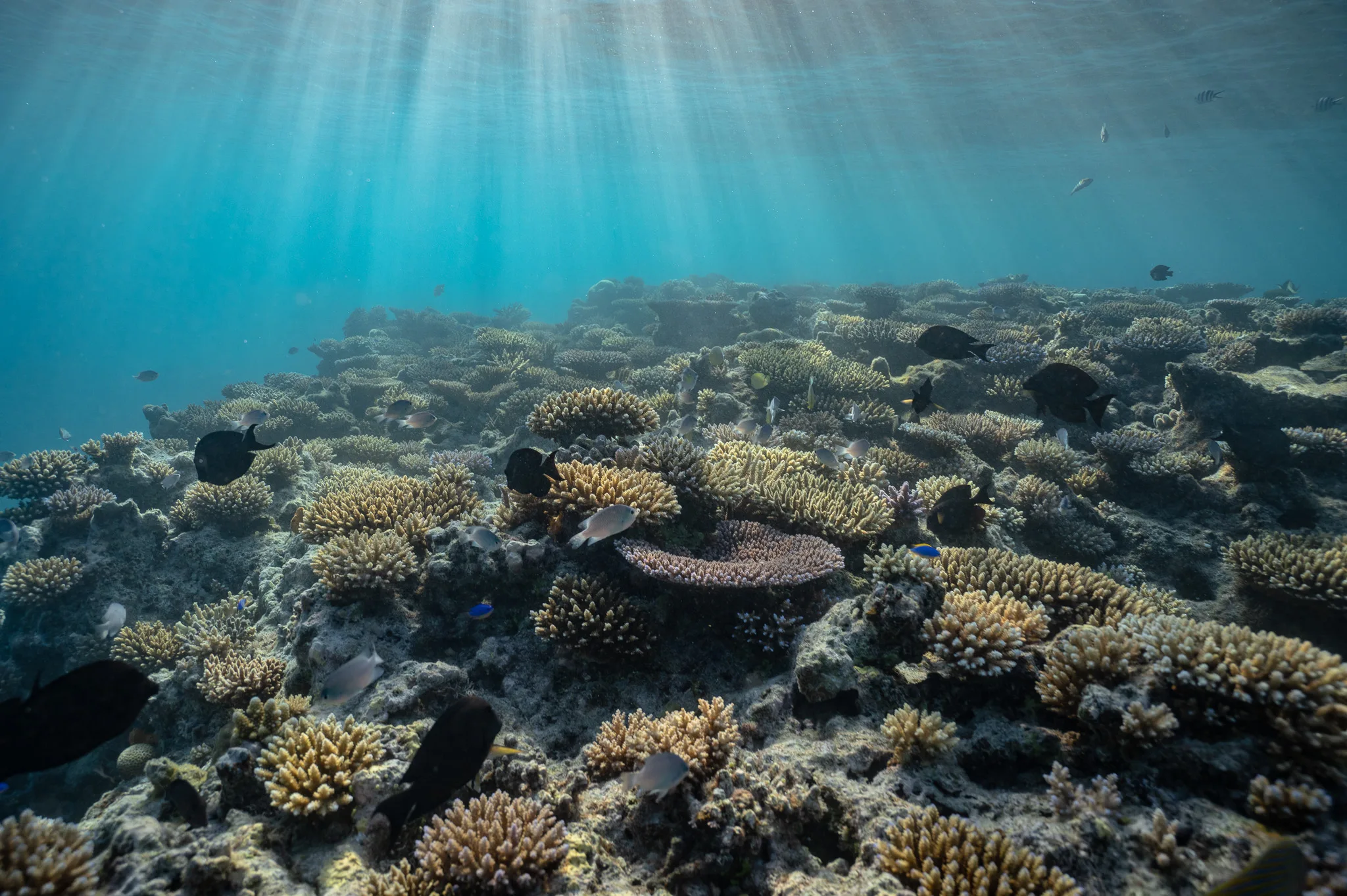
Future of Fiji’s Reefs: Blending Indigenous Knowledge and Science for Sustainable Conservation
Alexandra Good
PhD Candidate
Harte Research Institute Texas A&M University-Corpus
Bula Vinaka! Fiji is home to one of the largest and most vibrant coral reef systems in the South Pacific. Local people rely on the reefs for subsistence fishing, coastal protection, and tourism, all of which are integral to their livelihoods and cultural heritage. However, Fiji’s reefs are increasingly threatened by a combination of global and local stressors. Climate change has led to rising sea temperatures and ocean acidification, while overfishing, sedimentation, and pollution pose additional challenges at a local level. Alex will explore the intersection of traditional Fijian knowledge and modern conservation science. Through stories, data, and field experiences, Alex will showcase how combining Indigenous wisdom with scientific monitoring offers a pathway to sustainable coral reef conservation.
This presentation is related to SEA’s Coral Reef Conservation: Fiji summer program.